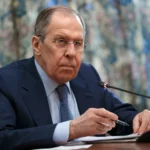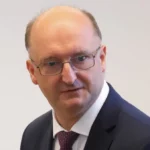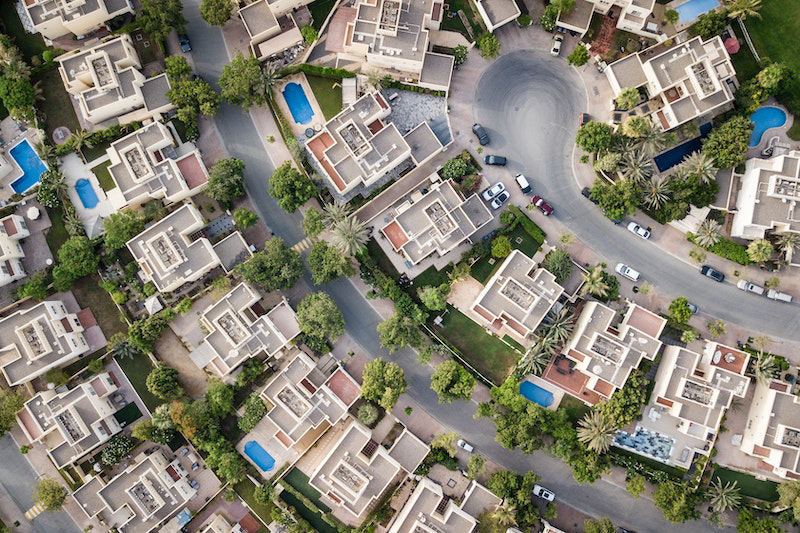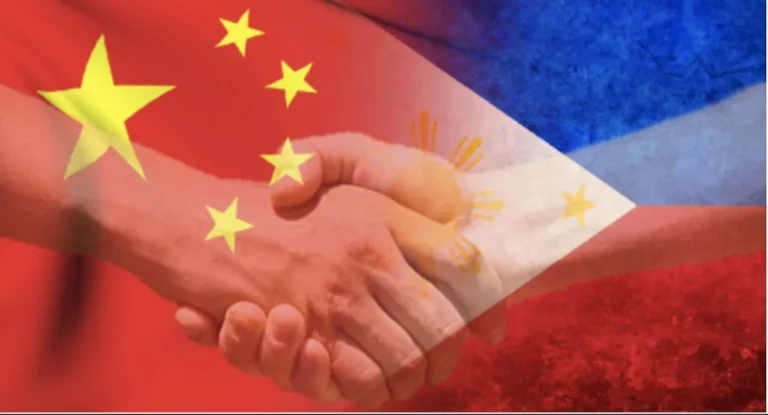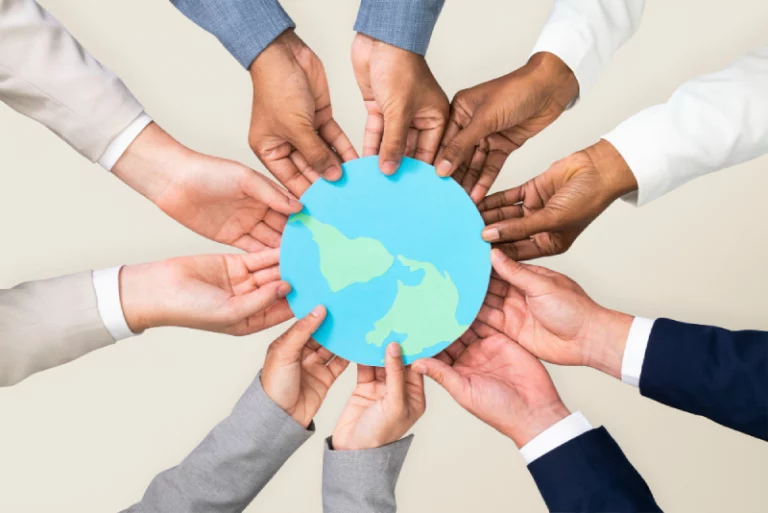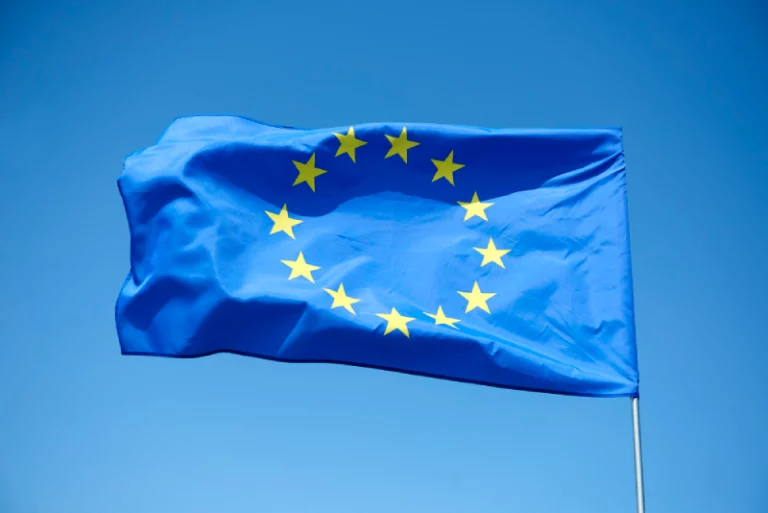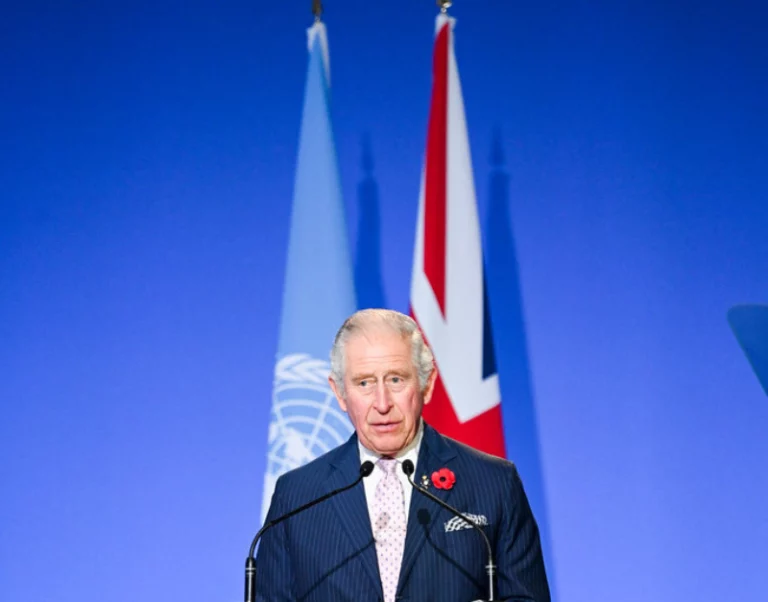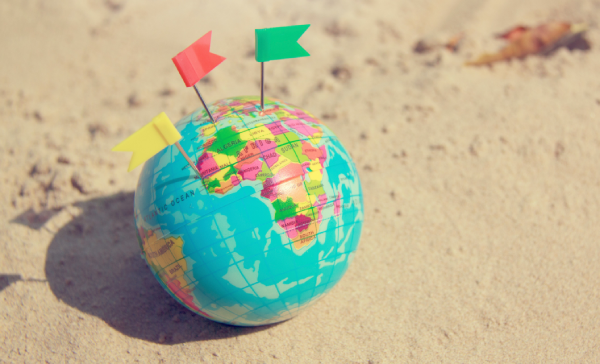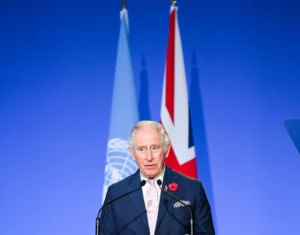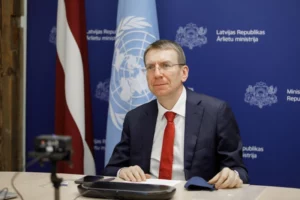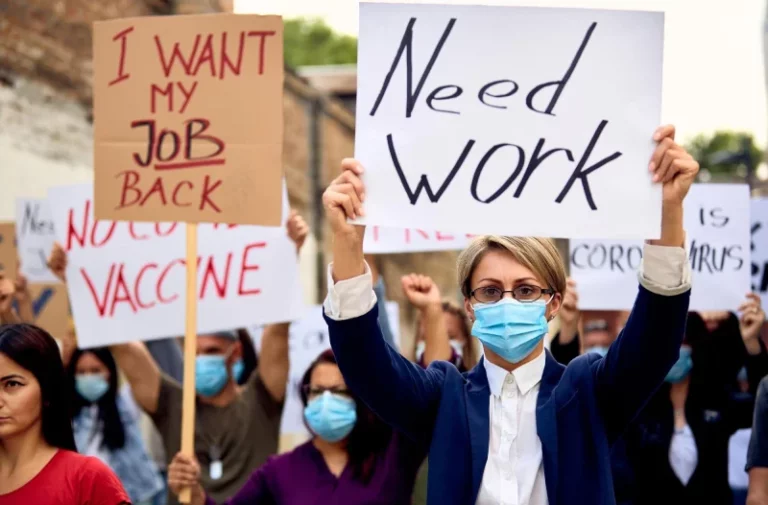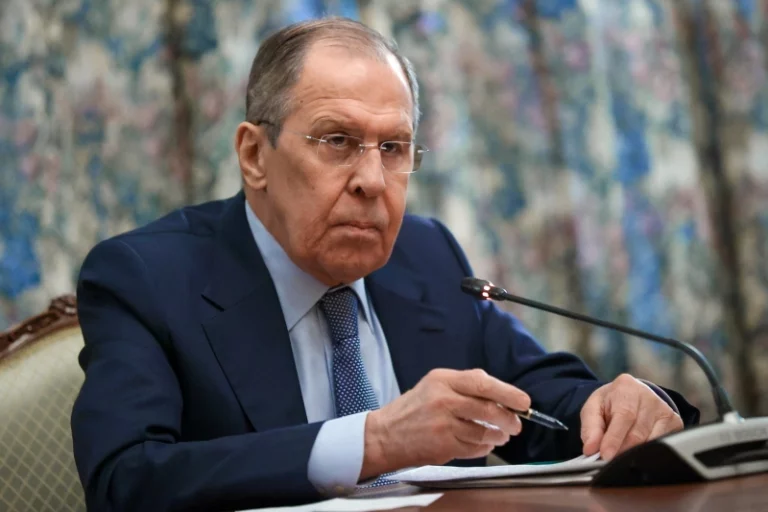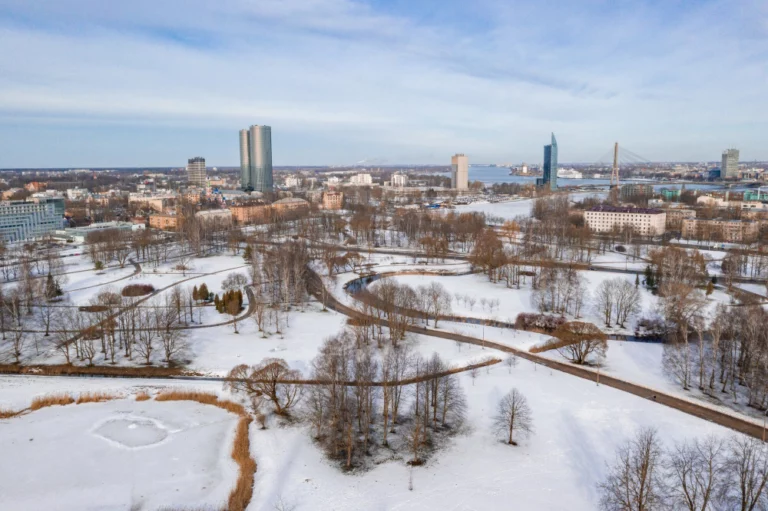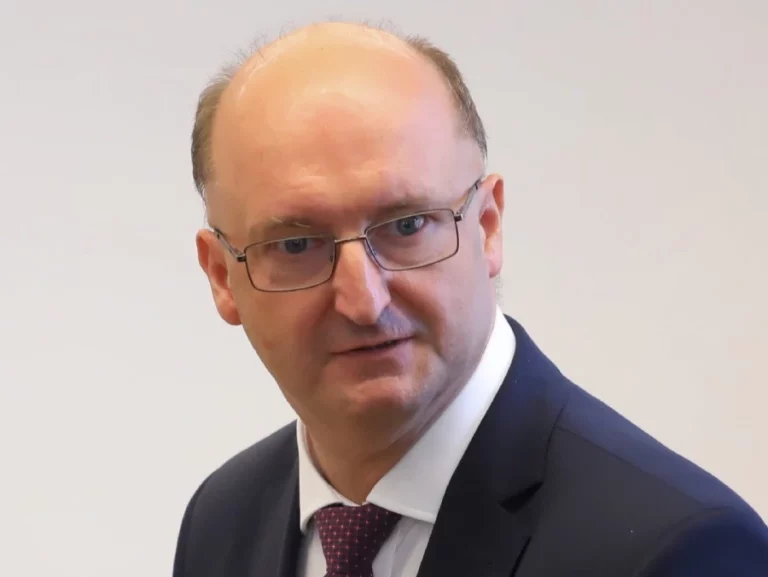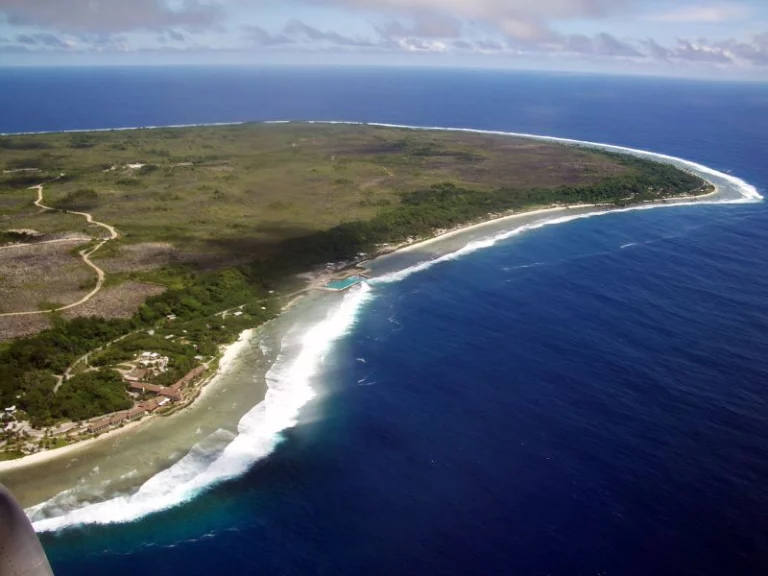I was born in 1960 and lived through the years of the economic boom to the fullest. Everything was in continuous development and the enthusiasm of intensely living a new life made of comfort and well-being was not a dream but a reality within everyone’s reach.
In those years a large social stratum was formed, the middle class, with a level of education higher than that of the early twentieth century, which in fact was the engine of modern economies: said social stratum produced, spent and enjoyed all the benefits that such era made available with new discoveries, continuous technological innovation, widespread communication, the exchange of goods, services and culture so easy.
At that time the barriers were torn down to foster development, now unfortunately they are erected and are increasingly difficult to overcome.
It was the so-called white-collar workers in industry, the professionals, the small entrepreneurs who made great the economies of every “evolved” country. This segment of the population had their own car, a house of their own, every kind of comfort, took a month’s vacation a year with their family, travelled for work and managed to save enough to be able to live their old age in dignity, support studies of their children and their future.
Where did all of these go?
The middle class is literally going to disappear, the gap between the newly rich and the poor is becoming more and more accentuated, erasing that precious group of people who have so far governed the economy of the most advanced countries.
Wars, environmental catastrophes, pandemics have only accelerated this phenomenon but, in fact, the lack of that large social segment is weighing more and more on the new world scenario. The role of those people was not only of a strictly economic nature, but also social and cultural.
The continuous impoverishment of the middle class has led to the emergence of “new segments of poverty” unimaginable 20 years ago.
Those who have not been prudent enough and have not saved enough to manage this difficult transition period, reinventing a profession, job or business, have found themselves in serious economic difficulties, suddenly without a home to live in, without a certain income to count on, because in the meantime they had lost their job, with families that have broken up and also with an annulment of births.
New trends
The new “cultural” trends have contributed to flattening our way of thinking, dissolving ideals, traditions and good habits in the name of modernity, without any perspective vision of the world we expect.
Will we all become employees or will we be able to regain our individual freedoms and the ability to independently manage our future?
Will the middle class be able to resurrect or should we definitively say goodbye to a golden age that we will never see again?
In this difficult transition it seems almost a mirage to glimpse a solution. Society is crushed by strong pressures deriving from unbridled consumerism, from the rush to get rich quickly and unscrupulously, from the concentration of economic and financial power in a few hands, from the lack of vision and planning by the governments of the last 20 years, from useless wars, from the loss of values to believe in, from the limitation of individual freedoms in the name of who knows what security, from instigation rather than dissuasion.
Will the new generations be able to provide for all this or will they remain victims of a vortex in which they have no chance of salvation?
Just a century ago we had nothing: few bad roads, no cars, no infrastructures, no mass media, no comforts (electricity, gas, telephone, TV, computer, etc ).
In just a few decades after World War II, the world has changed and transformed so rapidly that it has erased 2,000 years of history and development.
The wish is that human intelligence will prevail over selfishness and mental narrow-mindedness by rediscovering that resourcefulness but also those ideals with which our fathers promoted a social and economic development that was unimaginable until then.

